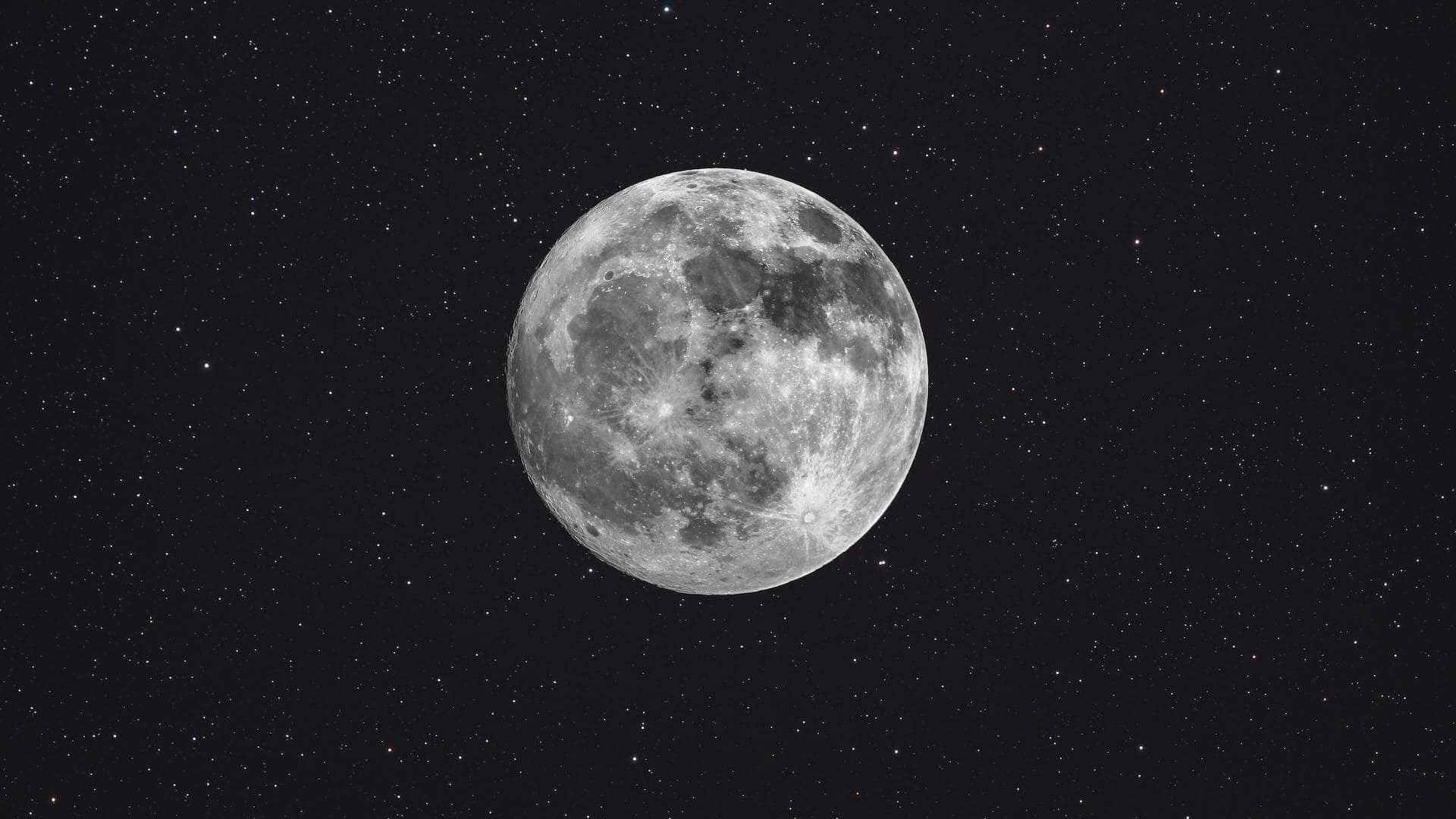
Rare 'Black Moon' rises this weekend: What makes it unique
What's the story
A rare astronomical event, known as "Black Moon," will occur on August 22-23. While most seasons have three new moons, occasionally a season experiences four, with the third new moon called a "seasonal Black Moon." This upcoming Black Moon is of that rare type. The term can be misleading, as it does not describe the Moon's color but its invisibility. During a new moon, the Moon sits between the Earth and Sun, rendering it nearly impossible to see from Earth.
Lunar terminology
Black Moon v/s Blue Moon
The concept of a Black Moon is similar to that of a Blue Moon, which refers to the second full moon in a month. However, unlike Blue Moons, Black Moons don't have an official definition in astronomy. The term has been popularized by journalists and astronomy enthusiasts alike.
Folklore roots
Origin of the term 'Black Moon'
The term "Black Moon" is believed to have originated from Wiccan culture, as per The Astronomy Cafe. Unlike Blue Moons, which were popularized after a mistake in a 1946 Sky & Telescope magazine article, Black Moons are more recent additions to the astronomical vocabulary. Some sources also define a Black Moon as a month without any new moon, further broadening its definition and usage in lunar terminology.
Stargazing tips
When is the next Black Moon?
A Black Moon creates an ideal opportunity for stargazing as the absence of moonlight makes the night sky darker and more stars visible. The next seasonal Black Moon will occur on August 20, 2028. A monthly Black Moon, which occurs when there are two new moons in one calendar month, will have its second new moon on August 31, 2027. For those interested in brighter lunar events, a Blue Moon will occur on May 31, 2026.